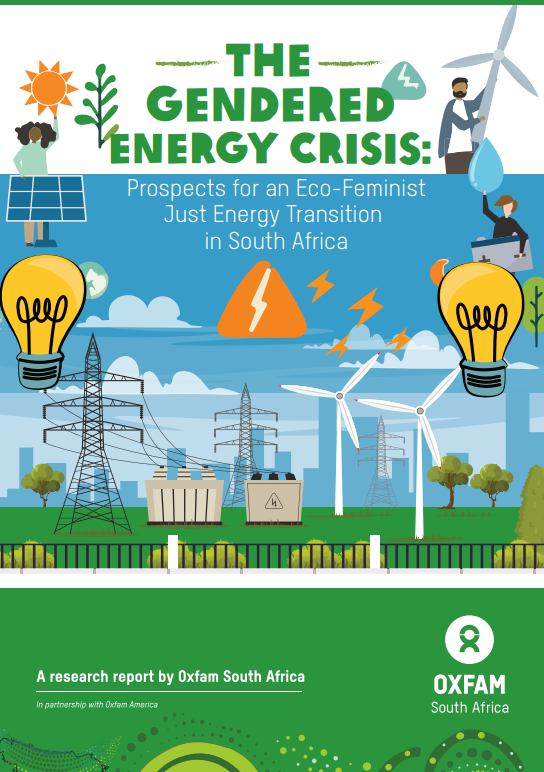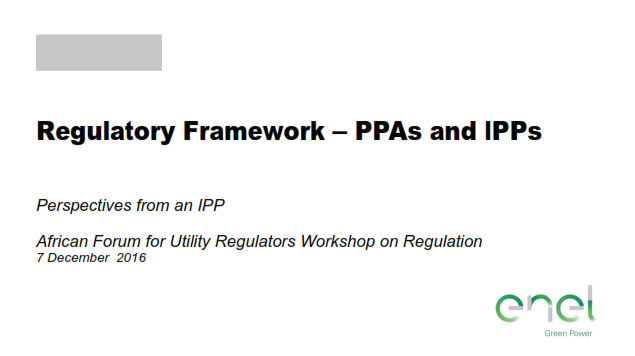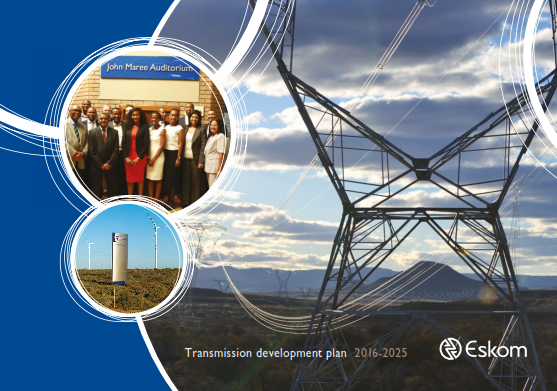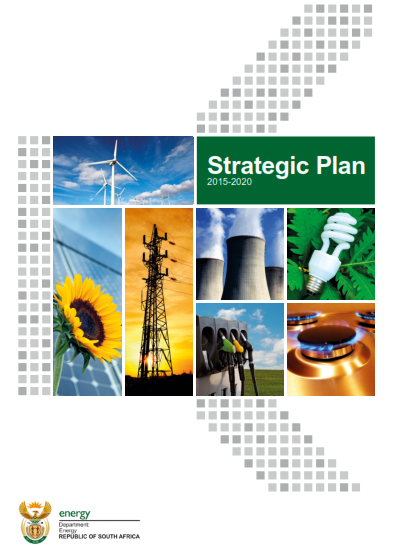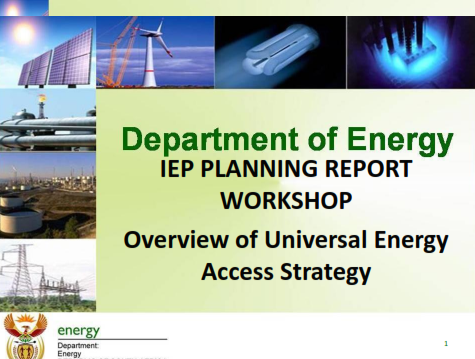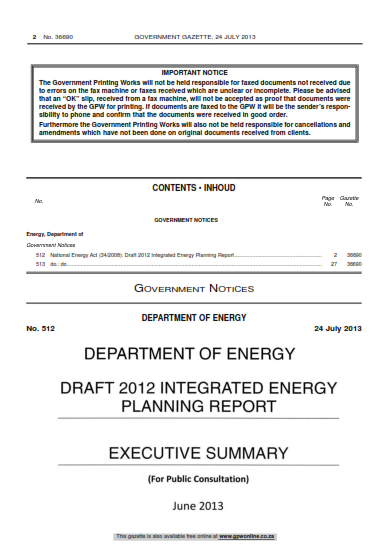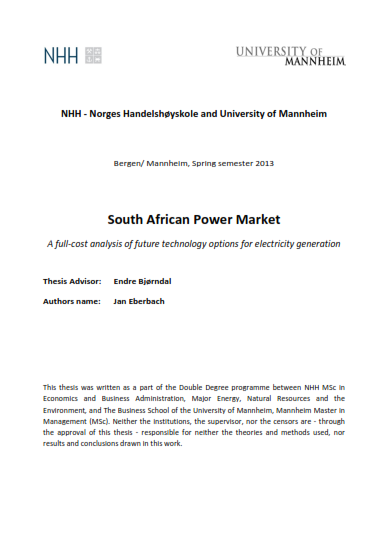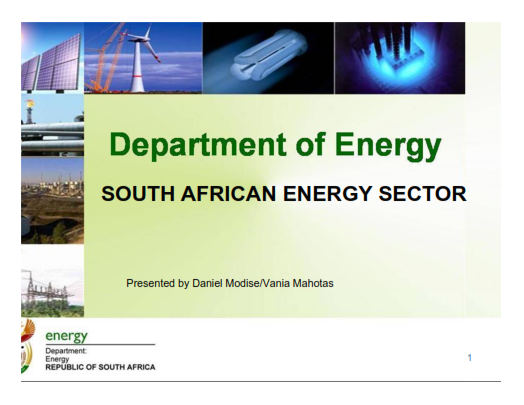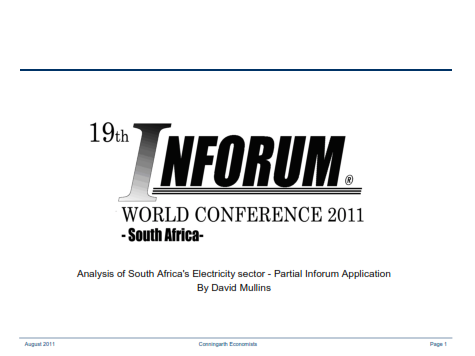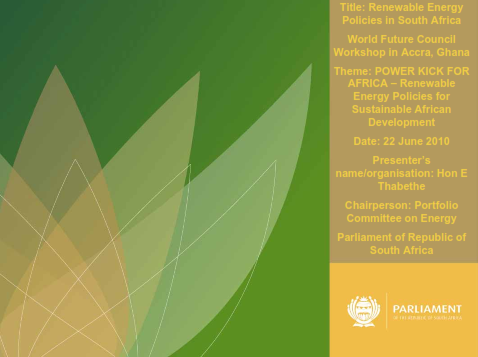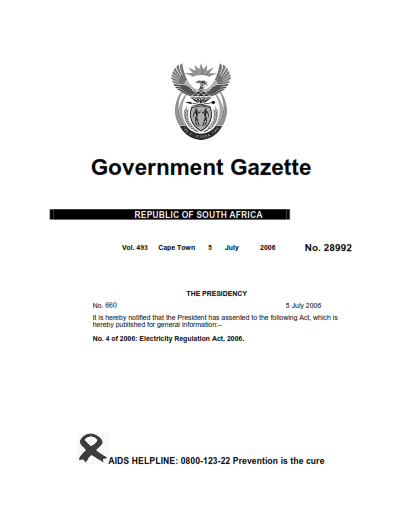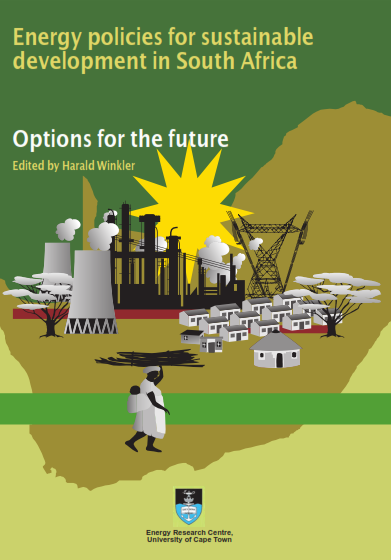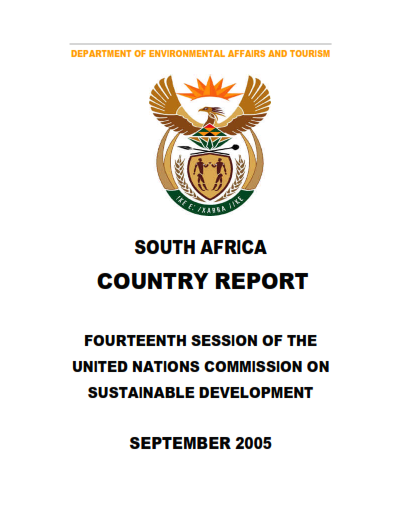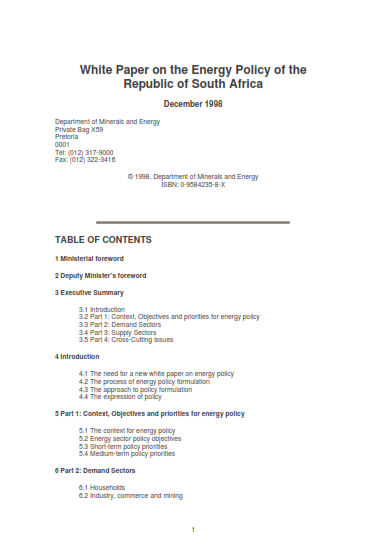We post here the relevant reports for the power sector in South Africa. Feel free to join our efforts and share us any other you may have found. We'd be glad to add them to the list. Just send an email to This email address is being protected from spambots. You need JavaScript enabled to view it.
Publication date: 16 August 2024
Author: Oxfam
Description: This report is focused on identifying the ongoing challenges at Eskom, the South African power utility, thus shedding light on democratic processes and human rights considerations. It adopts a feminist lens in its analysis of the electricity crisis, exploring potential feminist approaches to restructuring the existing electricity grid infrastructure. This includes analyzing the integration of the key principles of a Just Transition, as well as an assessment of the role that key stakeholders can play in fostering improvements through a renewed social compacting process that encompasses pro-development, equitable and inclusive plans for plant decommissioning, the protection of worker’s rights, and strategies for up-skilling and reskilling. Additionally, the report delves into Eskom's skill development needs, addressing prevalent talent, cultural, and skill-related issues in a more substantive manner. It also includes a comprehensive analysis of electricity demand and supply forecasting and identifying key factors for achieving a sustainable vision for Eskom. It assesses Eskom’s financial situation, its assets, and operational functionality.
Download Report >>
Visit Website >>
Publication date: 2017, November
Author: sanedi
Description: In the context of this study, hybridisation is the coupling of a renewable energy technology with an existing fossil fuel technology in order to deliver the same energy service. Hybridised energy systems are designed to replace, augment or boost conventional fossil fuel technologies with renewable energy technologies. They can achieve a reduction in the carbon intensity of fossil fuel value chains while preventing stranded assets during the transition to a lower carbon economy.
This report appraises the feasibility of hybridisation of fossil fuel and renewable energy technologies in South Africa in 2017.
Download Report >>
Publication date: 2017, November
Author: Eskom
Description: South Africa Integrated Resource Plan for electricity 2017.
Download Report >>
Publication date: 2017, November
Author: NREL
Description: Wind and solar power contract prices have recently become cheaper than many conventional new-build alternatives in South Africa and trends suggest a continued increase in the share of variable renewable energy (vRE) on South Africa's power system with coal technology seeing the greatest reduction in capacity, see 'Figure 6: Percentage share by Installed Capacity (MW)' in [1]. Hence it is essential to perform a state-of-the-art grid integration study examining the effects of these high penetrations of vRE on South Africa's power system. Under the 21st Century Power Partnership (21CPP), funded by the U.S. Department of Energy, the National Renewable Energy Laboratory (NREL) has significantly augmented existing models of the South African power system to investigate future vRE scenarios. NREL, in collaboration with Eskom's Planning Department, further developed, tested and ran a combined capacity expansion and operational model of the South African power system including spatially disaggregated detail and geographical representation of system resources.
Download Report >>
Publication date: 2017, September
Author: NERSA
Description: In terms of section 4 of the Electricity Regulation Act 2006 (Act No. 40 of 2006) ('the Act'), NERSA has a mandate to 'establish and manage monitoring and information systems and co-ordinate the integration thereof with other relevant information systems'. The Renewable Energy (RE) Independent Power Producers (IPPs) are required to submit reports on their monthly energy production, pursuant to section 15 of Grid Connection Code for Renewable energy version 2.9 of 2016.
Download Report >>
Publication date: 2017, April
Author: CSIR
Description: Statistics of utility-scale solar PV, wind and CSP in South Africa in 2016.
Download Report >>
Publication date: 2017, March
Author: South African-German Energy Partnership
Description: The Discussion Paper New Roles for South African Municipalities in Renewable Energy - A Review of business models reviews possible business models for South African municipalities to seize arising opportunities and minimise potential risks associated with the introduction of renewable energy technologies in the domestic electricity system. It proposes a typology of available business models for municipalities to seize emerging opportunities arising from renewable energy technologies. Three overarching roles, spilt into seven business models, are considered for municipalities: building electricity generation capacity; procuring electricity; and playing a facilitation function. Based on a three-pronged methodological framework taking into account the drivers of the business models; their techno-economic potential; and their ability to manage risks (regulatory, financial and socio-political); this report reviews each business model, highlighting their strengths and weaknesses.
Download Report >>
Publication date: 2016, December
Author: ENEL
Description: Electricity Policy Framework:
- White Paper on Energy Policy, 1998;
- National Climate Change Response Policy White Paper, 2011;
- National Development Plan 2030 – Outcome 6: An Efficient, competitive and responsive economic infrastructure network;
- Renewable Energy White Paper, 2003 – initially set a target of 10 000 GWh by 2010;
- Electricity Pricing Policy;
- Future policies: Carbon Tax - part of the climate change response policy, Carbon Tax Offset Regulations;
- Country Plans: Integrated Energy Plan, Integrated Resource Plan.
Download Report >>
Publication date: 2015, October
Author: Eskom
Description: A reliable electricity supply of acceptable quality is essential for the enjoyment of the 21st-century lifestyle that so many of us take for granted. Electricity transforms the lives of people in newly electrified areas when the supply is switched on for the first time, giving them access to opportunities they could previously only dream about.
Download Report >>
Publication date: 2015
Author: DoE
Description: The DoE will be engaging with relevant stakeholders in both the public and private sectors to address the challenges in the energy sector.
Download Report >>
Publication date: 2015
Author: DoE
Description: After 1994 and through the Government’s initiative of RDP (Reconstruction and Development Programme) the electrification programme was endorsed. In the period 1991 – 2001 electrification was an electricity industry funded programme. During 2001 Government took responsibility for funding and managing the electrification programme, via funds made available from National Treasury – as a result of the White Paper on Energy Policy (1998). Resulted in the establishment of Integrated National Electrification Planning (INEP) unit within the Department of Energy.
Download Report >>
Publication date: 2013, June
Author: SA Gov
Description: The purpose and objectives of the Integrated Energy Plan (IEP) are anchored in the National Energy Act, 2008 (Act No. 34 of 2008). Integrated energy planning is undertaken to determine the best way to meet current and future energy service needs in the most efficient and socially beneficial manner, while:
- Maintaining control over economic costs;
- Serving national imperatives such as job creation and poverty alleviation; and
- Minimising the adverse impacts of the energy sector on the environment.
Download Report >>
Publication date: 2013, May
Author: NHH
Description: The aim of this research is to facilitate informed decision making for an optimal allocation of future electricity generation resources in South Africa. Such a study is important in order to find out which technologies are economically favorable from a long-term perspective for a growing and emission-intensive emerging economy that bases its energy production predominantly on the depletion of its domestic fossil coal resources.
Download Report >>
Visit Website >>
Publication date: 2013
Author: DoE
Description: Electricity market grew by $1.4bn in 2009 to reach $5.6bn; Electricity generation dominated by state-owned power company Eskom, which currently produces over 96.7% of the power used in the country; Eskom has a current nominal installed capacity of 44,175MW; Government addressing electricity supply issues with Eskom and Independent Power Producers (“IPPs”); South Africa needs over 40,000 MW new generation capacity by 2025; Eskom is part of Southern African Power Pool, a group of utilities in the region aiming to create a common market for electricity in the region.
Download Report >>
Publication date: 2011, August
Author: Conningarth Economists
Description: The Development Bank of Southern Africa (DBSA) commissioned a financial-economic model to be built, to explore the implications of meeting future electricity needs in South Africa.
Download Report >>
Publication date: 2010, June
Author: SA Gov
Description: Energy sector appears to be getting substantial attention, because energy is a requirement for social and economic development; Energy sector contributes immensely to Green House Gases emissions and climate change; There is now a renewed interest in the renewable sources of energy because they are considered low carbon estimates to fossil fuels.
Download Report >>
Publication date: 2006, July
Author: SA Gov
Description: ACT - To establish a national regulatory framework for the electricity supply industry; to make the National Energy Regulator the custodian and enforcer of the national electricity regulatory framework; to provide for licences and registration as the manner in which generation, transmission, distribution, trading and the import and export of electricity are regulated; and to provide for matters connected therewith.
Download Report >>
Publication date: 2006, April
Author: UCT
Description: This publication combines research from a two-phase project, the first supported by the United Nations Department of Economic and Social Affairs (UNDESA) and the second phase funded by the International Atomic Energy Agency (IAEA). The research was undertaken by the Energy Research Centre (ERC) – an amalgamation of the former Energy and Development Research Centre and the Energy Research Institute. ERC would like to express its thanks to UNDESA and IAEA for the support provided.
Download Report >>
Publication date: 2005, September
Author: DoEAaT
Description: This report is the South African country report to the Commission, which reports on the progress made in the implementation of Agenda 21 with regard to the review, evaluation and monitoring processes. It specifically focuses Industrial Development, Climate Change Air Pollution/Atmosphere and Energy for Sustainable Development. The key elements of the CSD12 Report include a reflection on lessons learnt, best practice, the identification of actions, opportunities and constraints to the implementation of sustainable development and to the formulation of the NSDS.
Download Report >>
Publication date: 1998, December
Author: DME
Description: South Africa is a country endowed with abundant energy resources. Fossil fuels, such as coal, uranium, liquid fuels, and gas, play a central role in the socio-economic development of our country, while simultaneously providing the necessary infrastructural economic base for the country to become an attractive host for foreign investments in the energy sector. Biomass forms the main energy source in the rural domestic sector, while other renewable energy development opportunities are already being explored in the fields of solar power, wind power, pumped storage and in hydro-power schemes.
Download Report >>





